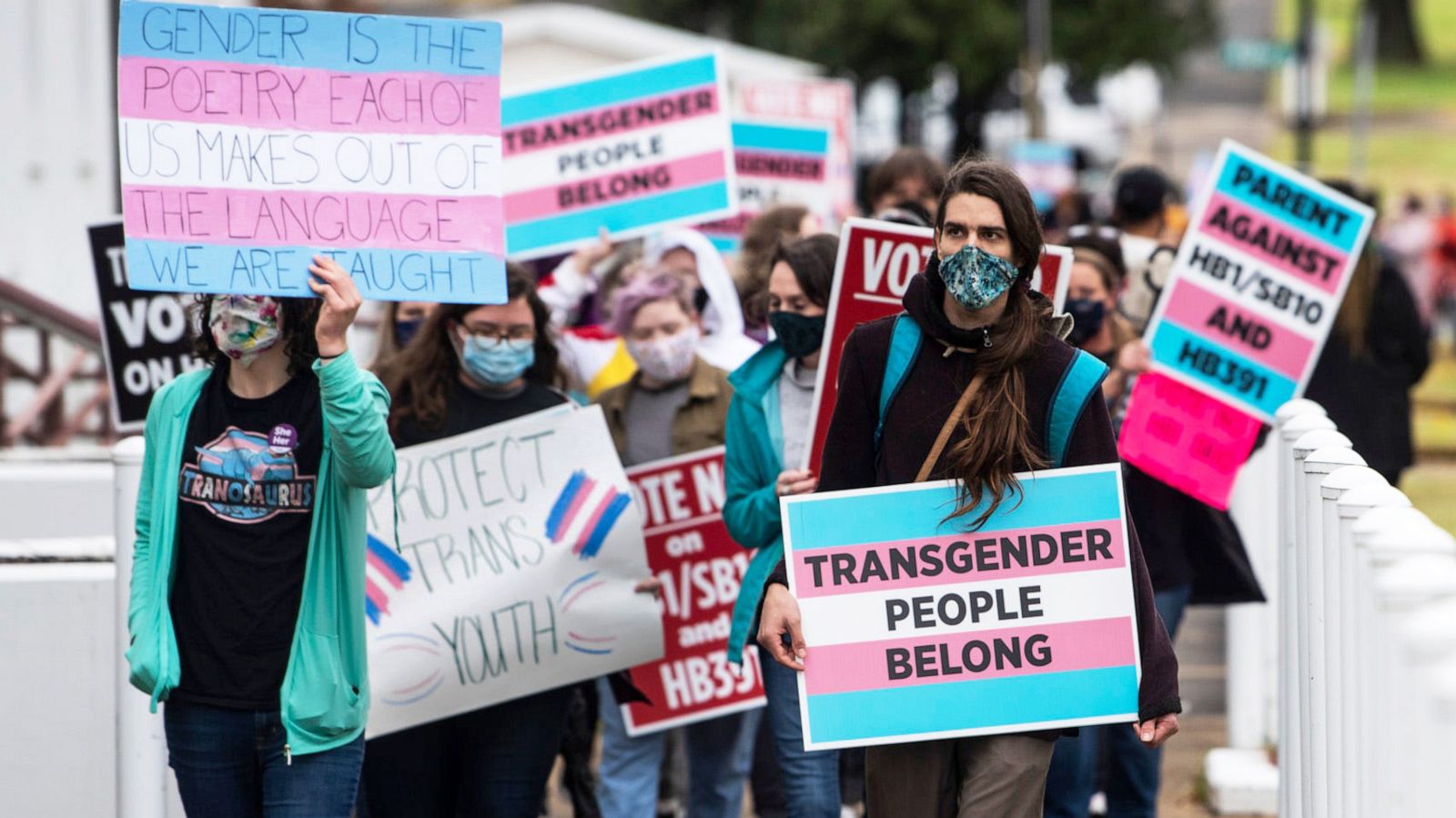The beginning of 2021 has marked social progress for queer rights in the United States: Democrats have taken steps to pass the Equality Act, a bill that would include sexual orientation and gender identity in civil rights protections, and U.S. President Joe Biden signed two executive orders to combat anti-2SLGBTQIA+ discrimination, particularly within the education system. These legislative decisions, however, have sparked pushback from conservatives.
Since the start of March, Republican legislators in 24 states have introduced bills that would prohibit transgender women from competing in women’s sports in schools and universities. One such bill, the “Mississippi Fairness Act,” passed the state House 81-28 and the Senate 34-9, and is expected to be signed into law by the governor within the month.
Similar bills have been introduced in previous years, with one passing in Idaho in 2020 before being blocked in court. Recently, more and more states have been attempting to limit trans students’ participation in sports. The number of such bills that marginalize 2SLGBTQIA+ individuals created in 2021 has already surpassed last year’s total of 19 and represents a coordinated push by conservative hate groups like the Alliance Defending Freedom to harshly limit the freedoms of queer individuals.
Proponents of these bills have tried to justify them as an attempt to protect women’s sports, citing concerns that transgender women have an unfair advantage over cisgender women. Legislators, including House Minority Leader Kevin McCarthy, say that the Equality Act and President Biden’s executive orders are an attack on women. They have falsely claimed that the executive orders would withhold federal funding from educational institutions that do not allow trans women to participate in women’s sports. This, however, is untrue, as the order in question has no bearing on federal funding.
This rhetoric against trans women is based in fearmongering and has no basis in science or fact. Not only are the legislators behind these bills unable to reference instances of transgender athletes causing unfair athletic competitions, but there is no evidence that transgender athletes have an advantage over cisgender athletes. Athletic ability varies from person to person, and to ban transgender athletes from competing against other women would be like excluding basketball players who happen to be extremely tall—or banning Michael Phelps from swimming because of his scientifically proven biological advantages. Moreover, most of these legislators have shown little to no support for women’s sports, and have instead weaponized them to harm trans youth.
Bills targeting trans youth often focus on trans women, and have a disproportionate effect on athletes of colour, cisgender and transgender alike. One recent instance of discrimination is the case of Caster Semenya, an Olympic champion runner and Black woman who was required by World Athletics, the international governing body for athletics, to take medication that lowers testosterone levels. Additionally, stereotypes frequently label and profile women of colour, particularly Black women, as unfeminine.
Professional female athletes, in contrast to conservative lawmakers and pundits, are broadly supportive of transgender athletes in their sports. Jessica Platt, a trans woman and professional ice hockey player, played in the Canadian Women’s Hockey League and has discussed the positive atmosphere she experienced on the team. Layshia Clarendon, a trans and nonbinary WNBA player, announced their top surgery to the full support of their team and the players’ union and has spoken about the harm of targeting trans athletes.
It can be disheartening and tiring for trans athletes to constantly fight against nonsensical, bigoted rhetoric and legislation for their right to merely play sports, but they are not alone. They have activists, lawmakers, and teammates alongside them.









